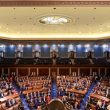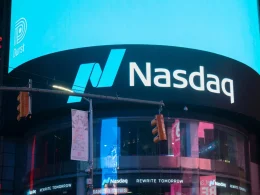The Mississippi Band of Choctaw Indians (MBCI) has partnered with the National Indian Carbon Coalition (NICC) and carbon finance firm Climate Impact Partners to conserve over 25,000 acres of tribal forestland through a certified carbon credit project.
Located in central Mississippi, the Improved Forest Management initiative—certified by the American Carbon Registry (ACR)—covers nearly 75% of MBCI’s tribal territory. It aims to enhance carbon sequestration through revised forestry practices, including extended harvest rotations, reduced commercial logging, and selective cutting to support forest regeneration.
The project generates carbon credits by increasing the forest’s ability to store carbon. Proceeds from these credits are expected to fund community needs, replacing revenue traditionally earned through timber harvesting. Over the next 20 years, carbon finance from the initiative is projected to support the construction of a 300,000-square-foot educational facility for tribal students, featuring classrooms, technical education spaces, and sports infrastructure.
Kelly Fitzwater, Global Supply Chain Director at Climate Impact Partners, said: “Our partnership with NICC and MBCI is a source of immense pride for us. It not only secures access to high-quality carbon removal credits for our clients but also allows us to support a high-impact project that delivers profound environmental and community benefits.”
Bryan Van Stippen, Programme Director at NICC, said: “Our collaboration with Climate Impact Partners is vital in ensuring the sustained flow of carbon finance that provides additional access to resources for the Mississippi Band of Choctaw Indians. This project delivers significant environmental and community impact on these ancestral lands, embodying our deep commitment to the enduring preservation of tribal land ownership and the meticulous stewardship of our natural resources for generations to come.”
MBCI Tribal Chief Cyrus Ben added: “Land stewardship has always been important to our Tribe, and this emerging market gives us an invaluable opportunity to continue to protect and preserve our forested tribal lands and address our children’s educational needs.” The forest areas included in the project hold cultural significance for the Choctaw community. Band members use sustainably harvested hickory and gum trees to craft items such as drums and stickball sticks, rooted in tribal traditions.





















